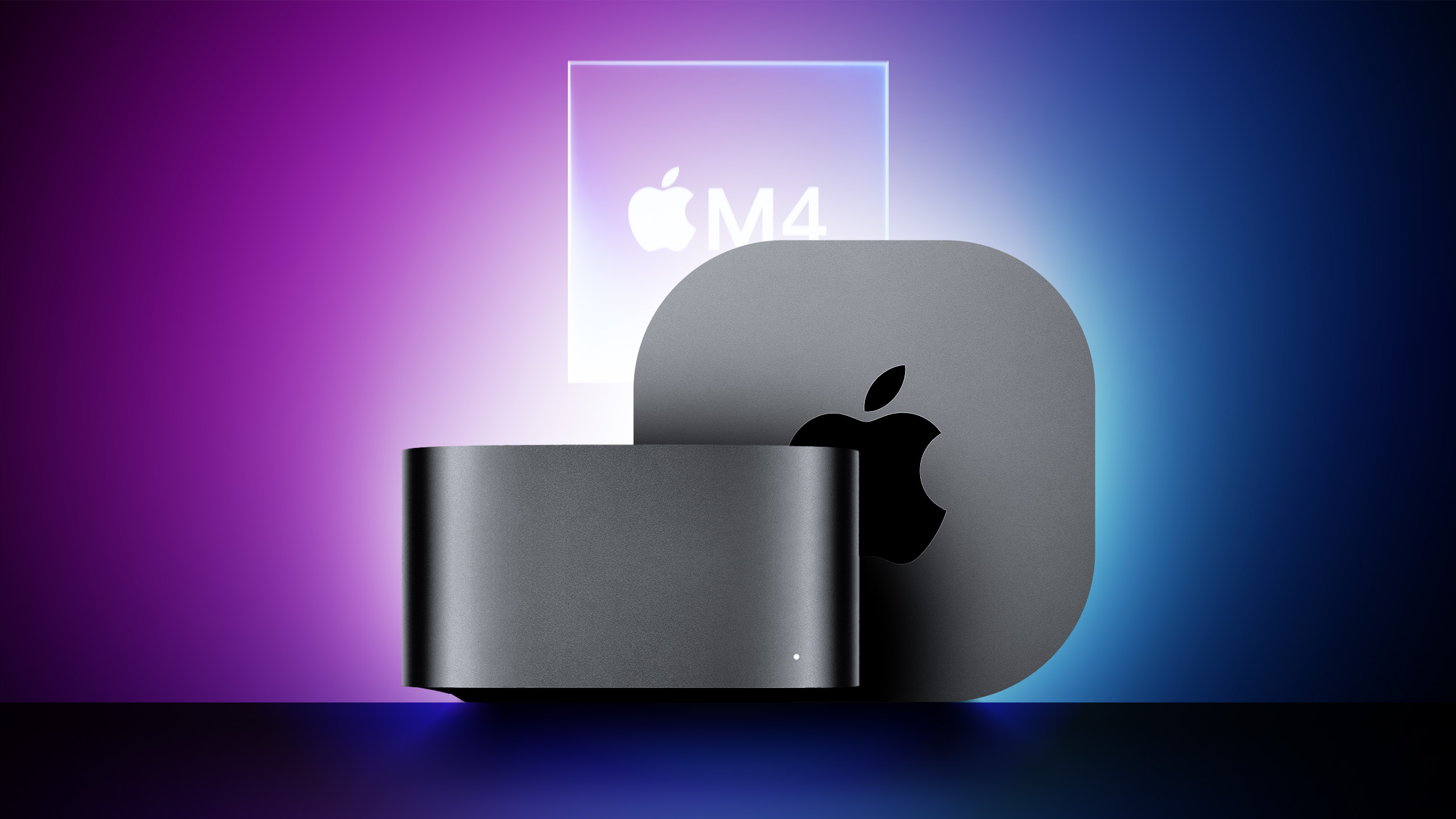What you are claiming in not an Apple phenomenon- Osborne Effect
...I think the point is, whoever gets the naming privilege, that it didn't work out well for Adam Osborne.
Except I don't think Apple are stupid enough to do invoke it accidentally, and are quite intentionally trying to promote the iPad - as a cash register for the App store and Apple Services - over the Mac.
It almost seems chips are being purposely gimped to reduce the capabilities of lower priced configurations. Instead of reusing defective chips that still retain a reduced performance capability (AKA binned chips).
We'll never know unless someone leaks or does a hugely expensive investigation. It does seem awfully fortuitous that the right number of dies are
just the right kind of faulty to meet the demand for cheaper 'binned' chips, so I suspect that it is a mixture of genuinely part-faulty chips and deliberately restricted (and/or just not tested to full spec) chips. Artificial scarcity of this kind would harldy be a first for the tech industry.
Pretty sure that when Intel extensively 'binned' chips by clock speed it was mainly just not testing & guaranteeing some batches at the higher speed - one of the reasons for the popularity of "overclocking" in the PC world. Not sure how that extends to specific cores working/not working. However, back in the 90s, for a while I was rocking a
dual processor Intel Celeron system, despite the Celeron not officially supporting multi-processor configurations.
I'm always surprised when people claim this. I've seen a couple of examples of specific models from Microsoft doing it, but it's far from the norm. In the EU and UK it's not hard to find OEMs that charge 1/4 of what Apple do for the small RAM upgrades, or don't even offer a configuration as low as 8GB.
The PC market is huge, and the websites of HPDelnovo and their ilk labyrinthine and constantly changing... it's easy to find examples that support whatever you want to prove.
However one has to assume that someone actually looking for (say) a 32GB/1TB 13" Windows ultrabook will shop around for the best deal, whereas the choice of sources for an upgraded MacBook Air or Pro are far more limited, with the best deals often limited to base specs. Apple did make a minor improvement with the M3 models when the finally started offering 16GB as one of the 3 standard configurations.
What they might do is a variant of the 2024 chassis that’s thicker. But I see them abstaining from that as well, because such a device already exists in the Mac Studio.
I don't think the future of the Mac Studio and the "Pro" Mac Mini variant is quite clear from what we currently know.
The M4 is looking like it
could replace both the M2 and M2 Pro
at least in desktops, with hints that it has the I/O capabilities of the Pro. Meanwhile, the M
3 Pro was a step down (relative to the rest of the M3 range) in performance and a higher proportion of efficiency cores, really making it optimised for ultraportable use. Unlike the M2 Pro it was a specifically-designed die and not a cut-down Max.
The M3 Max is, relatively speaking, a beast - a M3 Max Studio would probably have decimated sales of the Ultra.
The M3 Ultra is missing in action and we really don't know if/when there is going to be a M4 equivalent, and don't know how the idea of re-using the same die design for Pro, Max and Ultra worked out for Apple - they've already gone for completely different dies for Mac and Pro. There were also rumours of a new high-end server/AI-development chip that would presumably replace the Ultra in the Mac Pro (let's call it M4 Ludicrous).
Meanwhile, the 2023 Mac Pro looks awfully like the PCIe Tower's last stand - M4 Ludicrous could have a shedload of TB
5 ports and would make more sense in a 1U rack. The Studio is a spiritual - and far more credible - successor to the Trashcan Mac Pro, and a future desktop Mac Pro might look more like a Studio.
...the Studio design was quite clearly determined by the cooling needs of the M1
Ultra (if you could build a M1 Max into a MBP, they could have built it into a Mini) - it's also a more repairable (and hence more expensive) internal design than the Mini but Apple don't seem to have made a big deal of that. If there's not going to be a M4 Ultra - or if there is but the power consumption is now far lower - there may not be a Mac Studio.
So we could see M4 "Apple TV-sized" Mac - no M4 pro option - plus a larger M4 Max desktop replacing the Studio Max and super-expensive Mac Pro with M4 Ludicrous.
...or all sorts of other permutations.



